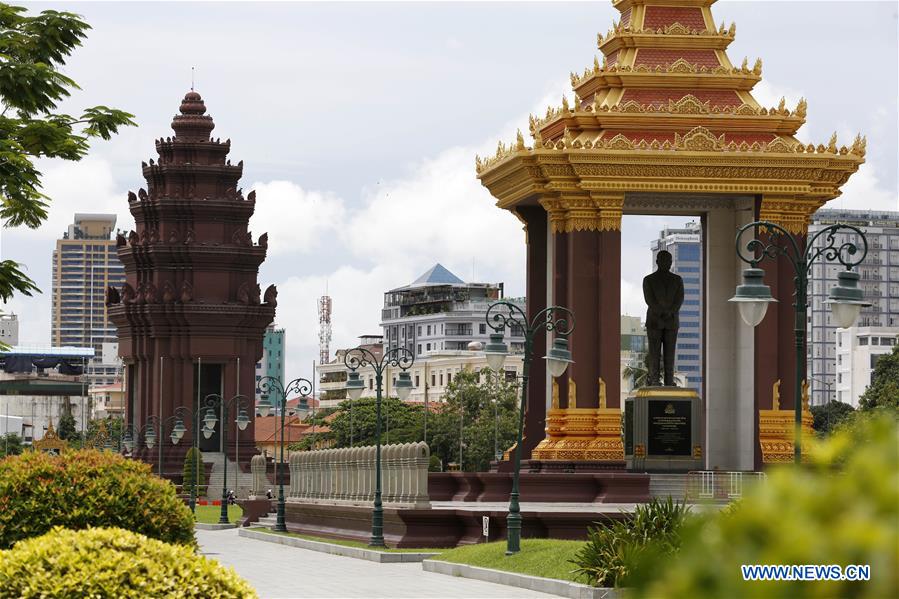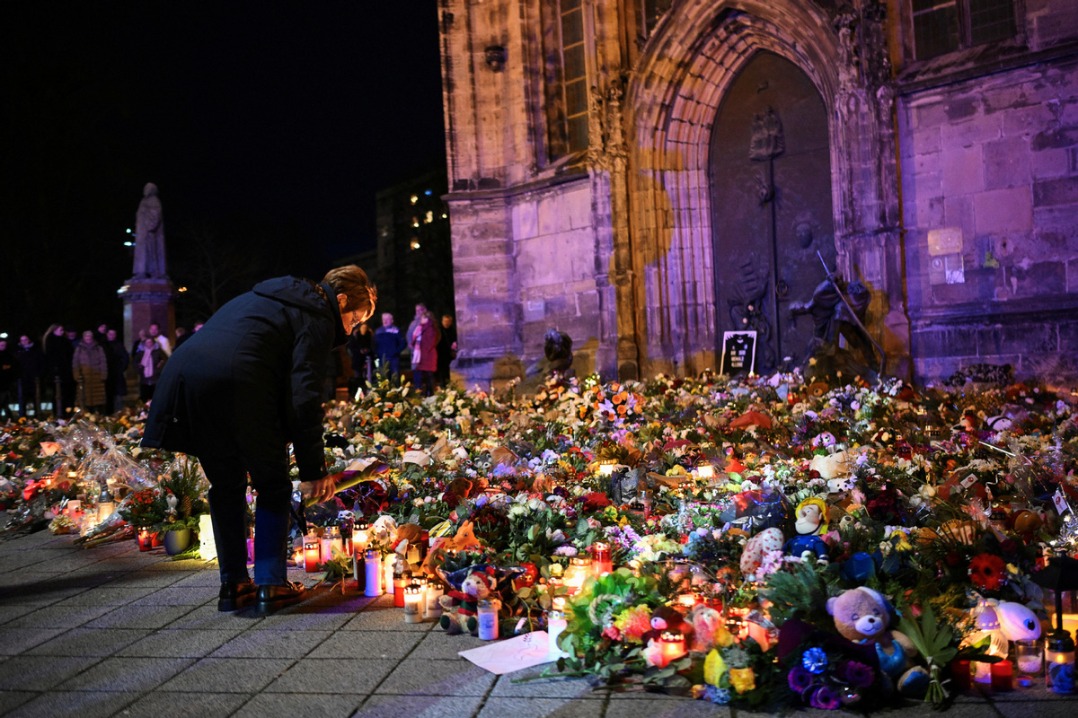RCEP promotes multilateral trading system as catalyst for growth: Cambodian ministry
Xinhua | Updated: 2020-11-16 15:18

PHNOM PENH -- The Regional Comprehensive Economic Partnership (RCEP) free trade agreement promotes a multilateral trading system and serves as a catalyst for the region's growth in the post-pandemic era, Cambodian Ministry of Commerce said in a statement on Sunday.
The leaders of RCEP participating countries on Sunday witnessed the signing of the long-awaited trade pact on the sidelines of the ongoing 37th ASEAN virtual summit, the statement said.
Cambodian Minister of Commerce Pan Sorasak signed the agreement with representatives from other RCEP participating countries, it said.
Initiated by the Association of Southeast Asian Nations (ASEAN) in 2012, RCEP is a mega trade pact between 10 ASEAN member states (Brunei, Cambodia, Indonesia, Laos, Malaysia, Myanmar, the Philippines, Singapore, Thailand and Vietnam) and its FTA partners, namely China, Japan, South Korea, Australia and New Zealand.
"The RCEP agreement is the historic achievement of the region, which will contribute to the protection and the promotion of globalization, and the support of rules-based multilateral trading system," the statement said.
The pact is an indispensable prerequisite for the principles of free and fair trade, and an important driving force for sustainable socio-economic development.
"The RCEP agreement will be also an important catalyst in contributing to economic growth, improving the livelihoods of people in the region, and helping to restore regional economic development after the COVID-19 Pandemic," it added.
According to the statement, the signing of the agreement will form the world's largest free trade agreement, covering 2.2 billion people, or 30 percent of the world population, with combined gross domestic product (GDP) of about $26.2 trillion or about 30 percent of global GDP and approximately 28 percent of the world trade based on data in 2019.
"Based on the result of the negotiations and the study by the Economic Research Institute for ASEAN and East Asia (ERIA), it is shown that after the conclusion of the RCEP agreement, per annum, Cambodia is expected to increase 2 percent on top of the current GDP, 7.3 percent and 23.4 percent in exports and investment, respectively," it said.
Cambodian Ministry of Commerce secretary of state and spokesman Seang Thay said the pact would give the member countries greater market access and through it, the relations in economics, trade and investment will be further enhanced.
"We have a strong conviction that the agreement will serve as a driving force to accelerate trade and investment volumes among the participating countries and will contribute to rebuilding economies in the region in the post-COVID-19 era," he told Xinhua.
























